To share, or not to share
This week has been particularly intense - there have been multiple tragic events around the world all happening in the context of a global pandemic.
I’ve felt unsure about what to share and what to say and how best to help and I know some of you have felt the same.
What if I’m just adding to the noise?
What if this upsets someone?
What if I share or say the wrong thing?
Here’s how I see it;
1. The internet skews your perspective
Your feed might be full of stories and videos about a particular topic but that doesn’t mean it doesn’t need to be amplified further. Algorithms curate our little internet bubble so we see the same people saying the same things. But the person living right next door to you has a completely different bubble.
2. Be the change you want to see in the world
This phrase is a cliche for a reason. If we want more people to engage with a particular problem or issue we have to engage with it ourselves. Again and again and again and again.
3. Don’t confuse liking and sharing with actual change
Some academics argue that the internet has had a negative impact on social justice. People sign a petition or leave a comment and feel like they’ve done their bit. Don’t fall for this. Change requires action; donating money, educating yourself through courses and books, and changing your behavior (for example through voting, or your meat consumption or where you shop). When you share try to include actions - help people know what they can do beyond sharing and liking,
4. Be thoughtful and intentional
Many stories that go viral are designed to do so. This gives the main actor more power and often more money. Katie Hopkins and Piers Morgan are good examples of this. Pointing people to their video or tweets is a bad idea - this is how they gain power and influence. When you share try to include advice that will prevent toxic people and stories from getting more air time.
5. Include trigger warnings
Disabled people are the most abused on social media. Several headlines this week have been very triggering for parents of disabled children and we know that black people are traumatized by having their feeds constantly full of images of dead black bodies. When you share try to include a trigger warning so people can skip it if they wish.
6. Consider who you are sharing for
Are you sharing for your racist uncle? Your friends from school who don’t vote? Your colleague who make sexist slurs in the office? If you are sharing to make yourself feel better or relieve yourself from white guilt, the guilt of privilege - don’t. Consider who you are sharing for and why before you share.
7. Look out for irresponsible journalism (and don’t share it)
This is a biggie and it’s hard. There is misinformation everywhere. Some journalists use language that dehumanizes or shows sympathy for the oppressor. Do not share this content.
8. All noise has gaps in it
This is something I’m motivated by - to spot a gap and figure out how I can fill it. Just because something is being reported a lot, and talked about a lot, doesn’t mean all the angles and opinions, or even the pieces of the story are there.
9. Not one problem exists in isolation
It feels hard to know what to share when we are inundated with tragedy, corruption, and injustice. Nobody wants to be the person sharing negative news stories all day every day. You have to walk the fine line between engaging, which will sometimes feel uncomfortable, and apathy. How do we decide what issue deserves the most attention? There is no easy answer. Ultimately they are all connected - climate change, racism, classism, sexism.. the list is long. The more I learn about gender inequality the more I realize the scale of the interconnectedness, and it is intimidating, but what’s the alternative?
10. Check your privilege
You might decide to turn your phone off and walk away from the news for a few days. You might decide you don’t have the capacity to engage right now. Both of these positions are places of privilege - millions of people can’t turn off or tune out because it’s their life - every single day, and it’s been this way for hundreds of years.
Share with intention, thoughtfulness, and action. Be a problem revealer. It’s the least you can do.
Thank you to Penny Wincer for her thoughtful prompts and our conversation that led to me writing this. You can buy her new book; Tender: The Imperfect Art of Caring here
